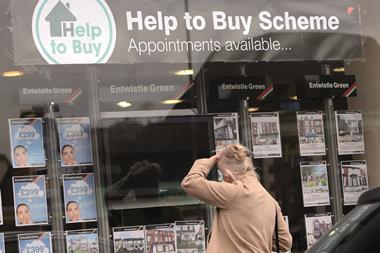Following the Treasury’s recent announcement that the government is planning to carry out a ‘radical’ overview of the business rates system, there was a chorus of calls for urgent change, originating from the following issues:
- The existing system does not reflect ability to pay as it is linked to historical values (2008). This problem was created by the existing government with the cancellation of the 2015 rating revaluation. The more worrying fact is that any government may use this review to postpone further the 2017 revaluation, creating even more problems and inequality in the existing system.
- The Treasury insists that any change is revenue neutral, so unless the government is going to increase corporation tax then a property tax would still appear to be the most sensible route to raise this level of income. The current system can trace its routes to 1601 and if my history is correct, it spans the industrial revolution; surely that matches any changes experienced in the past 30 years.
- Business rates are one of the few confirmed annual tax takes in the UK where the government knows how much it will generate each year, currently circa £26bn.
A property-based system with regular revaluations does work as long as the politicians of the day from whichever party strip away the gimmicky complications attached to the system. The Valuation Office Agency (VOA) should be given sufficient resources to carry out regular revaluations, which allows appeals to be dealt with within a defined period of 12 months. This will remove a major criticism of the system.
The VOA should also be given freedom to arrive at valuations without pressure from central government (the Treasury) and local government (billing authorities). Business rates in this country have always been a significant outgoing. The very least ratepayers can expect for paying ‘top dollar’ is a first-class service, not the current contempt that many experience.
If I could speak directly to government, I would tell them to stop meddling and get on with a revaluation with shorter revaluation periods - ideally annually, but no more than three-yearly. The government created the concern over business rates - this review just kicks the problem into the long grass!
John Webber, head of rating, Colliers International






























No comments yet